Your cargo, we connect beliefs
Hotline:0903.309.909
News
Home >> News >> INCOTERMS 2020 : MAIN CHANGES
INCOTERMS 2020 : MAIN CHANGES
SINCE 1990, THERE HAS ALWAYS BEEN A REVISION OF INCOTERMS RULES EVERY DECADE. THE NEW INCOTERMS 2020, PRESENTLY BEING DRAFTED IN THE INTERNATIONAL CHAMBER OF COMMERCE (ICC), ARE TO BE PUBLISHED BY THE LAST QUARTER OF 2019 AND WILL ENTER INTO FORCE ON JANUARY 1, 2020.
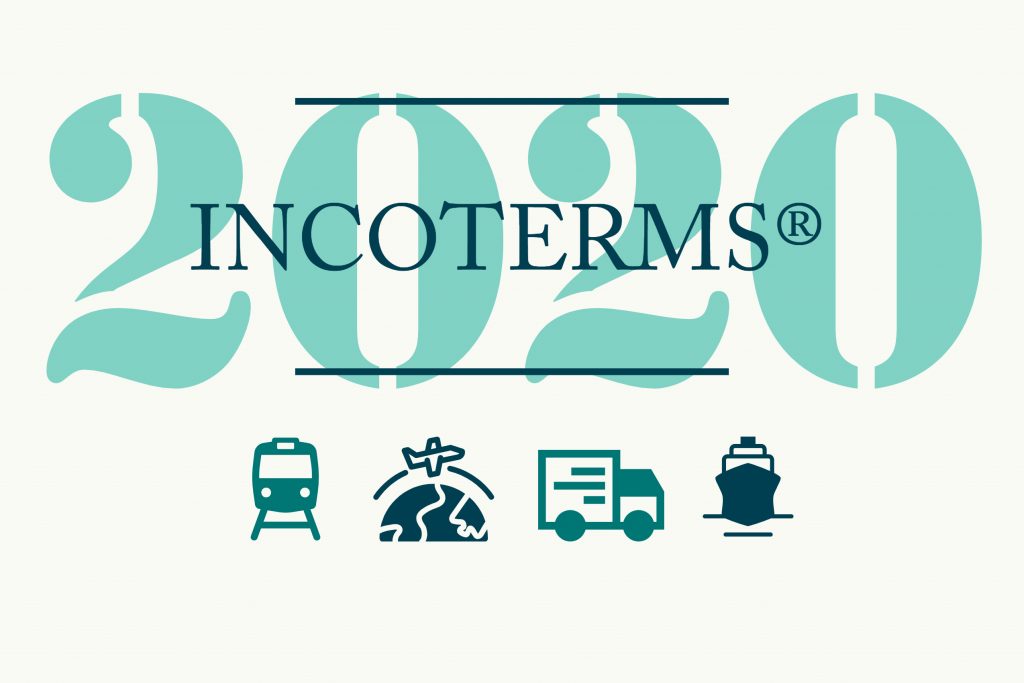
Firts of all, let us review the meaning of Incoterms:
Incoterms beginning with an E: are Departure Incoterms, i.e. the buyer takes care of everything while the seller simply makes the goods available. For example: EXW.
Incoterms beginning with an F: are Incoterms whose main transport is not paid for by the seller, it is the buyer who must pay for them. For example: FOB, FCA or FAS.
Incoterms beginning with a C: are Incoterms whose main transport is paid by the seller. For example: CIF, CIP, etc.
Incoterms beginning with a D: are said to be Incoming Incoterms, i.e. the buyer takes care of nothing, everything is managed and paid for by the seller. For example: DAP, DDP, etc.
Although the official list of new Incoterms is not yet known, we do have an indication of the changes addressed by the Drafting Committee:
Mục lục
Removal of Incoterms EXW and DDP
This will be a significant change because EXW (ExWorks) is a very commonly used Incoterms by many companies.
The DDP (Delivered Duty Paid) is commonly used for goods (e.g. spare parts) and it handles all logistics and customs clearance up to delivery to the buyer’s address.
The reason behind the removal of these two terms is that they should only cover domestic transactions, i.e. by the exporter-seller for the EXW by the importer-buyer for the DDP.
Removal of Incoterm FAS
FAS (Free Alongside Ship) is an Incoterm used when merchandise is delivered at the port of departure in the exporter’s country.
Actually, FAS is only used for the exportation of some commodities (minerals and cereals) and, in this sense, the Drafting Committee is evaluating the convenience of creating a specific Incoterm for this type of products.
Unfold FCA in two Incoterms
FCA (Free Carrier) is the most used Incoterm (about 40% of the international trade operations).
It is very versatile and allows the delivery of goods in different places (seller’s address, land transport terminal, port, airport, etc.) that, most of times, are in the seller’s country. The Committee is evaluating the possibility of creating two Incoterms FCA; one for terrestrial delivery and another for maritime delivery.
FOB and CIF for container shipping
The modification made in the edition of Incoterms 2010 that when the merchandise does not travel in a container, Incoterms FOB (Free on Board) and CIF (Cost, Insurance, Freight) should not be used, but their counterparts FCA and CIP. The vast majority of exporting and importing companies do not apply these Incoterms and continue using the old ones.
This is due to the fact that FOB and CIF are two very old Incoterms and the International Chamber of Commerce has not made an effort to transmit this change adequately, which is very important, since approximately 80% of the world trade is made in a container. In the Incoterms 2020, it is possible that FOB and CIF can be used again for container shipping, as was the case with Incoterms 2000 and earlier versions.
Creation of a new Incoterm: CNI
The new Incoterm would be denominated as CNI (Cost and Insurance) and would cover a gap between FCA and CFR/CIF (Cost and Freight/Cost, Insurance, Freight). Unlike FCA, which would include the cost of international insurance on account of the seller-exporter, and as opposed to CFR/CIF that would not include freight. As in the other Incoterms in “C”, this new Incoterm would be an “Arrival Incoterm”, i.e. the risk of transport would be transmitted from the seller to the buyer at the port of departure.
Unfold DDP in two Incoterms
As with FCA, DDP (Delivery Duty Paid) also generates some problems due to the fact that the customs duties in the importing country are paid by the seller-exporter, regardless of the place of delivery of the goods. For this reason, the Drafting Committee is considering creating two Incoterms based on DDP:
DTP (Delivered at Terminal Paid): When the goods are delivered to a terminal (port, airport, transport center, etc.) in the country of the buyer, and the seller assumes the payment of customs duties.
DPP (Delivered at Place Paid): When the goods are delivered at any place other than a transport terminal (for example, at the buyer’s address), and the seller assumes the payment of the customs duties.
In addition to the removal and creation of some Incoterms, the Drafting Committee is analyzing other issues to include in the new version of the Incoterms 2020. Among them are:
Transportation security;
Regulations on transportation insurance;
The relationship between the Incoterms and the International Sale Contract.
We will keep you informed of the final changes that will be retained.
In the meantime, our sales teams remain at your entire disposal to respond to your inquiries.
Source: Internet.
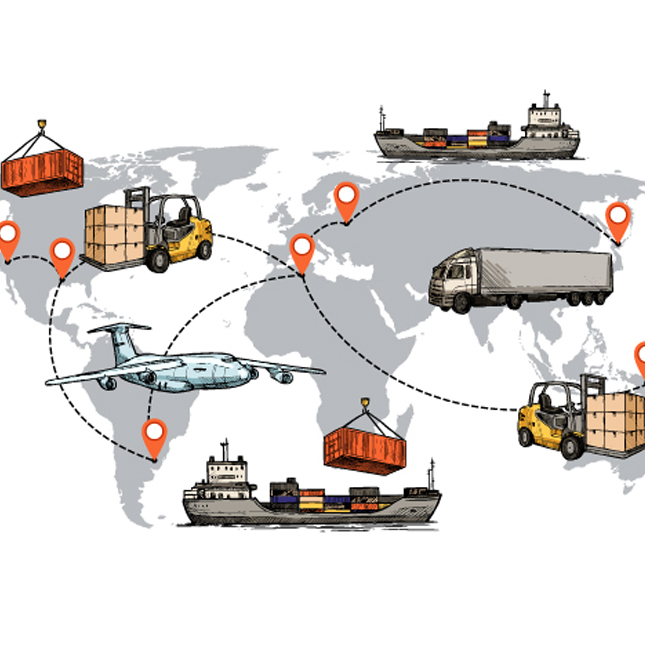




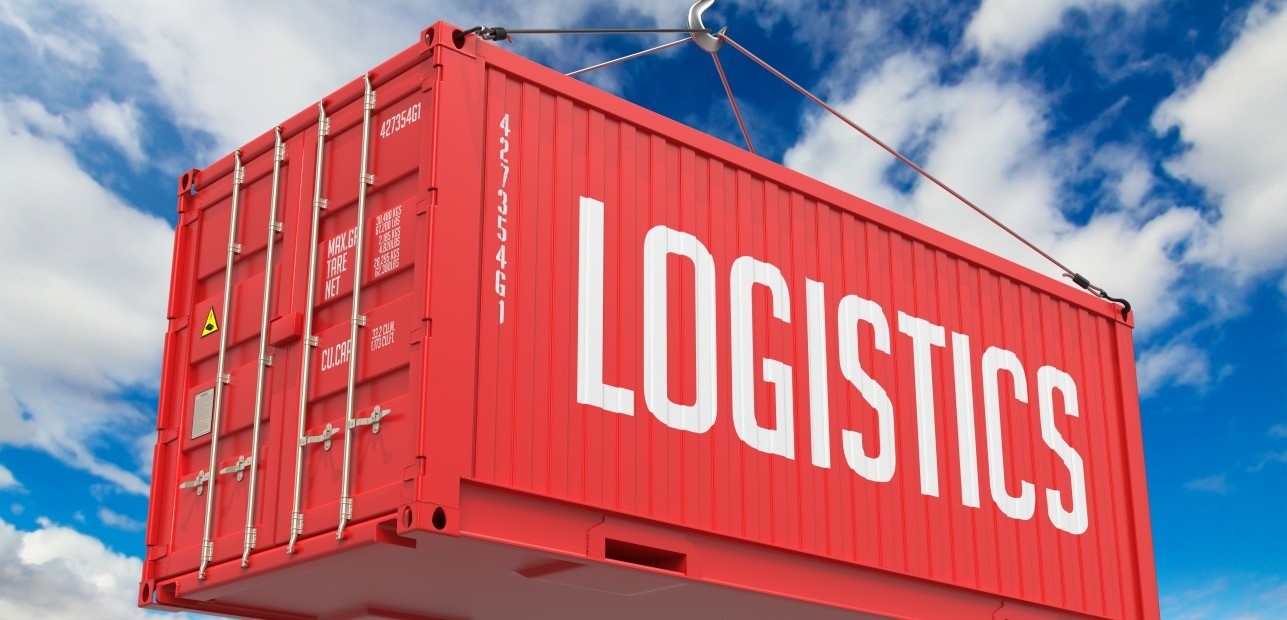

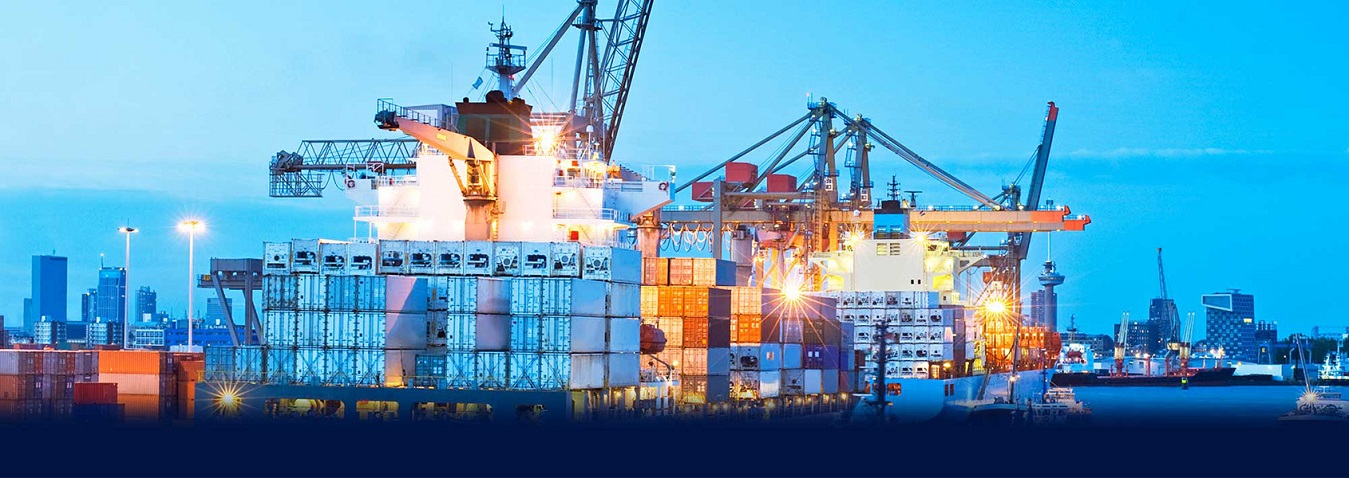
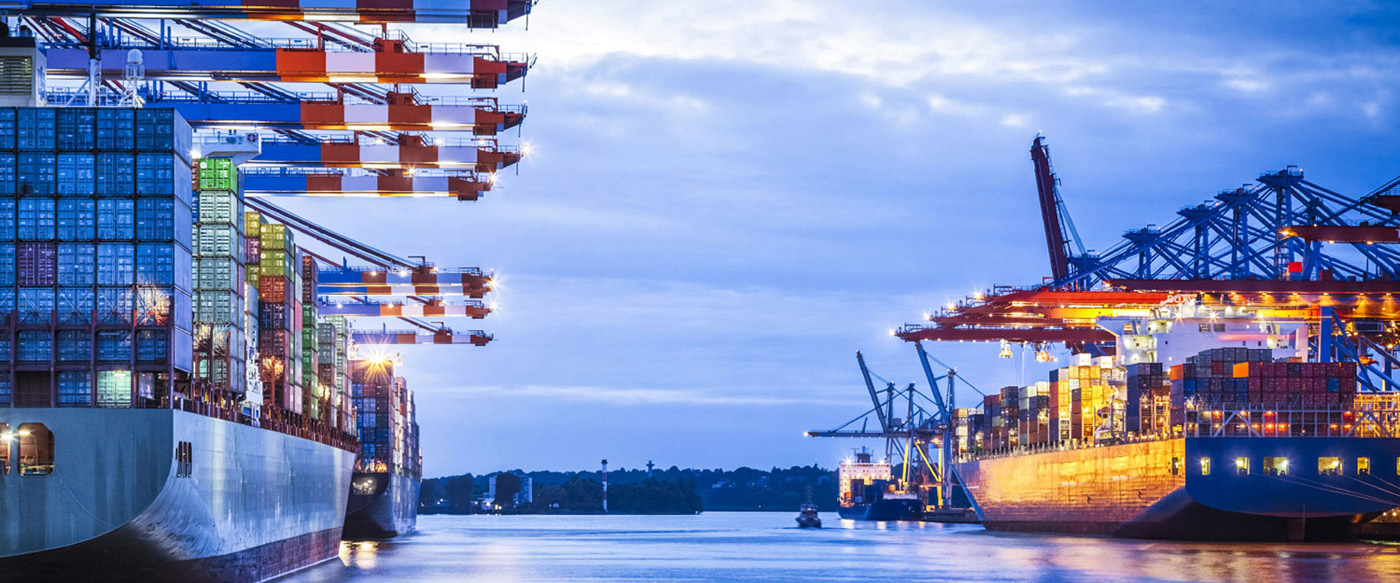

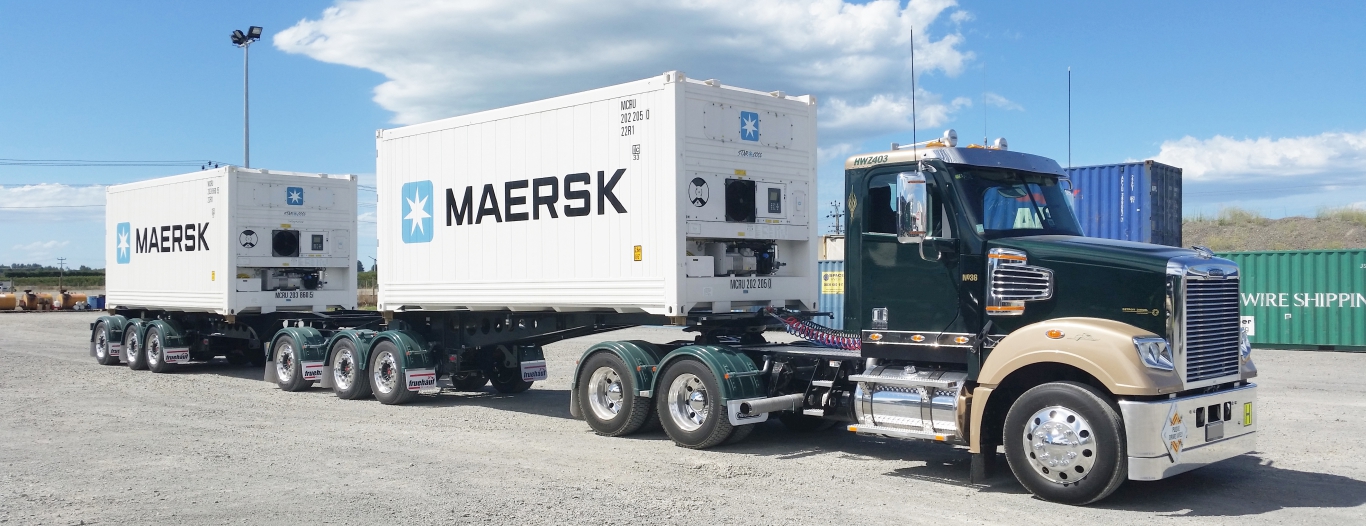

[…] >>>Có thể bạn quan tâm: DỰ THẢO INCOTERMS 2020 […]
[…] >>>Có thể bạn quan tâm: DỰ THẢO INCOTERMS 2020 […]
[…] Đối với hợp đồng thương mại: Cần thể hiện thống nhất về đơn giá, số tiền và tổng tiền, điều kiện thương mại (incoterms) […]
[…] Xem thêm: Incoterms 2010 là gì? Nội dung Incoterms 2010 […]
[…] Liên quan: DỰ THẢO INCOTERMS 2020 […]